 Have you ever tried to hold your breath around people, afraid that someone might get a whiff of your bad breath and point it out? This can lead to an unpleasant and awkward situation in public, since bad breath can cause serious embarrassment in a group of people. According to the American Association of Dental Research, dead cells and bacteria accumulated on the tongue accounts for 80-90% of all the cases of bad breath or also known as halitosis.
Have you ever tried to hold your breath around people, afraid that someone might get a whiff of your bad breath and point it out? This can lead to an unpleasant and awkward situation in public, since bad breath can cause serious embarrassment in a group of people. According to the American Association of Dental Research, dead cells and bacteria accumulated on the tongue accounts for 80-90% of all the cases of bad breath or also known as halitosis.
An unpleasant lingering taste and dryness in the mouth are the most common signs of bad breath. A number of triggering factors like poor oral hygiene, tobacco or alcohol consumption, or gum disease can lead to a build-up of harmful bacteria in the mouth which give off a persistent bad smell. Consuming highly acidic and sulphur-rich foods like garlic and onion can also result in bad breath.
Almost $1 billion a year is spent in the United States on deodorant-type mouth rinses and mints to temporarily mask smelly breath (1). However, in order to prevent the incidence of bad breath altogether, it is essential to maintain and follow a regular oral hygiene routine. Lemons, cinnamon, and baking soda are ingredients which provide fresh breath and prevent build-up of odor-causing bacteria in the mouth.
In this article, let’s talk about how lemon can act as a natural, long-lasting breath freshener.
Does Lemon Help With Bad Breath?
- Lemons are rich in Vitamin C which helps prevent gum inflammation and gum disease – both of which are major causes of bad breath (2).
- Lemons are a rich source of flavonoids that are powerful natural anti-oxidants and anti-bacterial agents (3). These help in preventing the harmful bacteria from sticking to the teeth and tongue, which can later result in bad breath.
- Lemon juice improves digestion by enhancing the flow of digestive juices that in turn boost the overall metabolism of the body. This controls the build-up of bad odor-causing bacteria in the gut, reducing the possibility of constipation and subsequent bad breath.
- Although lemon juice is naturally acidic, it has a neutralizing effect when mixed with water. This helps to eliminate the acidic residues of bacteria from the mouth.
- Lemon has a strong, refreshing citrus flavor that works to stimulate saliva flow, which flushes out bad odor-causing bacteria present in the mouth.
Home Remedies To Get Rid Of Bad Breath
Lemon can be used in a variety of ways to combat the problem of bad breath. Though using a lemon directly is the easiest way to solve the problem, it can also be used as a mouthwash, gargle or even as appetizing lemon ice candies to get rid of foul breath.
Quick tip: Not sure whether you have bad breath or not? Try this simple trick: Lick the inside of your wrist with your tongue (using both sides of the tongue, upper and lower). Allow the saliva to air-dry for a few seconds. Bring your wrist near your nose and smell it. Smells bad? This means you have bad breath. In that case, try out any of the following natural lemon remedies.
1. Lemon/Lemon Peel
Chewing on a piece of lemon or even a bit of lemon peel is an effective way to enhance the production of saliva in a dry mouth. The saliva flushes out the bacteria causing bad breath.
- Split a lemon into four quarters.
- Suck on one of the wedges.
- You can also chew on a bit of lemon peel.
- Repeat whenever required.
Note: Grind dry lemon peel into a fine powder. Whenever you brush, mix lemon peel powder and water to make a paste. Use this paste to brush your teeth normally.
2. Lemon Tea
Adding a squirt of lemon juice to any tea of your choice helps to enhance its flavor and refresh your breath.
- Brew a cup of ginger/cinnamon/green/fennel/fenugreek/clove tea.
- Add 1 tablespoon of lemon juice to it and stir well.
- Consume at a leisurely pace, sip by sip.
- Drink 1-2 times a day.
3. Lemon and Salt
Lemon juice is acidic in nature which works to inhibit the growth of odor-causing bacteria in the mouth. A mixture of lemon juice and salt in water acts as a mouthwash and helps in stimulating saliva production. This prevents the occurrence of a dry mouth which is one of the causes of bad breath.
- Add 1 tablespoon of lemon juice into a cup of warm water.
- Add ½ teaspoon of salt to it and stir well.
- Use it as a mouthwash to rinse your mouth 4-5 times.
- Repeat the process daily.
Note: You can also simply squeeze a fresh lemon into a glass of water and either drink it or gargle with it to eliminate bad breath.
4. Lemon and Ginger Juice
Ginger juice works as a natural breath freshener when used along with lemon juice. It works to neutralize bad breath while lemon stimulates saliva production.
- Stir in 1 teaspoon each of lemon and ginger juice to a glass of warm water.
- Gargle 5-8 times with this mixture. Make sure to spit out the solution after gargling.
- Repeat the method twice daily.
5. Lemon and Honey
The combination of lemon and honey helps to increase the production of saliva in the mouth which eliminates bad breath.
- Into a glass of lukewarm water, add juice of 1 lemon and 1 teaspoon of honey.
- Stir well until honey dissolves completely and drink it.
- Repeat twice a day for a fortnight.
6. Lemon and Baking Soda
Lemon juice contains citric acid which has anti-bacterial effect on the odor-causing bacteria. Baking soda is alkaline in nature and works by balancing and neutralizing the acidic environment in the mouth (which causes a bad odor).
- Squeeze the juice of 1 lemon into a bottle.
- Add 1 teaspoon of baking soda and ½ cup of water to it.
- Close the lid tightly and shake well.
- Take 2 tablespoons of the resulting solution at a time in your mouth and swish it around.
- Continue this for about a minute.
- Rinse mouth well with water.
- Repeat once or twice a day.
Note: You can also use a lime instead of lemon in this remedy, which will result in a slightly more bitter taste.
7. Lemon and Mint
Since mint contains chlorophyll, chewing them scrapes off harmful bacteria from the teeth, leaving behind a fresh taste.
- Take a fresh leaf of wild mint and wash it thoroughly.
- Pour 2 drops of lemon juice on it and chew it.
- Repeat whenever required, especially after a meal as a mouth freshener.
8. Lemon and Anise
Anise seeds contain anethole, a natural flavoring substance with a characteristic sweet aromatic flavor. It is also a natural anti-bacterial that makes it an effective mouth freshener.
- Add a handful of green anise seeds powder to cold water in a bowl.
- Cover and keep it aside for 4 – 5 hours.
- Add 10 tablespoons of fresh lemon juice to it and mix well.
- Strain the solution using a sieve.
- Use the solution to rinse your mouth.
- Repeat the process thrice a day.
9. Lemon and Yogurt
Yogurt is a rich source of probiotics like acidophilus, which is a good bacterium that helps in the process of digestion. This stabilizes the immune system resulting in reduction of bloating, gas and subsequent bad breath.
- In a bowl, take 1 tablespoon lemon juice and 2 tablespoons of yogurt.
- Mix them together and apply the mixture on your teeth.
- Leave on for 20 minutes.
- Wash off with cool water.
- Repeat on alternate days of the week.
10. Lemon and Olive Oil
Olive oil is rich in polyphenols and anti-oxidants that fight bad breath by preventing the growth of bacteria in the mouth.
- To a cup of warm water, add 1 tablespoon each of lemon juice and olive oil.
- Stir well and use this mixture to gargle for 3-4 minutes.
- Repeat every alternate day for best results.
11. Lemon Oil, Tea Tree Oil and Peppermint Oil
Tea tree oil is naturally anti-fungal and antiseptic in nature which helps get rid of harmful odor-causing bacteria in the mouth. Peppermint oil acts as a good natural mouth freshener by imparting a pleasant scent to it.
- In a glass of water, add 3-4 drops each of lemon oil, tea tree oil and peppermint oil.
- Swish the mixture around in your mouth for 1-2 minutes.
- Repeat the swishing 4-5 times.
- Rinse mouth thoroughly with water.
- Repeat thrice a week.
12. Lemon, Ice and Cinnamon
Cinnamon contains a component called cinnamaldehyde which helps in eliminating odor-causing bacteria in the mouth. The act of sucking the candy stimulates saliva flow, making it effective in combating bad breath.
- Put a small pinch of ground cinnamon at the bottom of an ice tray.
- Fill the tray with cold water and squeeze half a lemon into it.
- Stir each compartment a little and freeze for a few hours.
- Suck on the resulting lemon juice candies 2-3 times a day.
Note: If the ice cube candies are too big, place them in a clean cloth bag and crush the cubes. Suck on the crushed ice whenever required. You can also add the crushed ice to your drinking water.
13. Lemon, Cinnamon and Honey
The cinnamaldehyde present in cinnamon works as an anti-bacterial to restrict the growth of bacteria present in saliva, reducing bad breath.
- In a bottle, add freshly squeezed juice of 1 lemon, ½ teaspoon cinnamon powder and 1 ½ teaspoon of honey.
- Screw on the lid of the bottle and shake well.
- Use the resulting solution as a mouthwash or gargle.
- Repeat the method daily.
Note: You can also add 1 teaspoon of baking soda to the solution for a more effective mouthwash remedy.
14. Lemon, Ginger and Pomegranate
Pomegranate peel is a rich source of Vitamin C and anti-oxidants. When combined with lemon and ginger juice in powdered form, it works effectively to lessen the occurrence of bad breath.
- Peel a pomegranate and place the peel in the sun for a few hours.
- Once dry, powder it in a food processor.
- Add about 3 grams of powdered peel in a glass of water.
- Add 1 teaspoon each of lemon and ginger juice to it.
- Either drink the mixture or gargle with it 8-10 times.
- Repeat the method thrice a week.
Tips and Precautions
- If you are allergic to any kind of citrus fruit, do not use lemons in any form for ingesting or application at all.
- If in doubt, consult an allergist who can determine whether you are allergic to lemons or not with a simple diagnostic skin prick test.
- Whenever you use lemons in any natural remedy always cut the fresh fruit just before use. Do not store the stale fruit for long, as the beneficial effects of Vitamin C decrease with time.
- Prefer using ripe yellow lemons instead of hard green ones. Lemons that are still not fully ripe tend to be more acidic and sour, and are not as effective as ripe ones in preventing bad breath.
- Unless specified otherwise, lemon juice should always be diluted with water before using. Pure concentrated lemon juice is highly acidic and when taken in excess can be harmful for the enamel of the teeth.
- Drink or gargle with a glass of fresh water immediately after using any natural remedy made of lemons. This will wash away the residual citric acid that may harm your teeth.
- Always maintain a proper dental hygiene. Rinse your mouth well with water after every meal and brush thoroughly twice a day.
- Replace your toothbrush every 2-3 months to prevent build-up of bacteria.
- Avoid smoking and tobacco products of all kinds, since they tend to dry out the mouth leading to bad breath.
- Try to stay away from foods like garlic, onions, coffee and alcohol which tend to have a foul-smelling and drying effect in the mouth.
- Stay adequately hydrated to avoid dryness of mouth. This will help keep bad odor under control by washing away decaying food particles and bacteria that cause bad breath.
- Munching on a carrot, an apple or a stick of celery in between meals can stimulate saliva flow and prevent bad breath caused by residual bacteria in the teeth or acid build-up in an empty stomach.
- If the problem of chronic bad breath continues even after using these natural lemon remedies, it is recommended to consult your dentist to rule out any other dental problems.
Aren’t these useful lemon remedies simple to use in order to get rid of bad breath? Is there any other natural method that has helped you in solving the problem? If yes, please do share your ideas, suggestions and experiences with us in the comments section below.
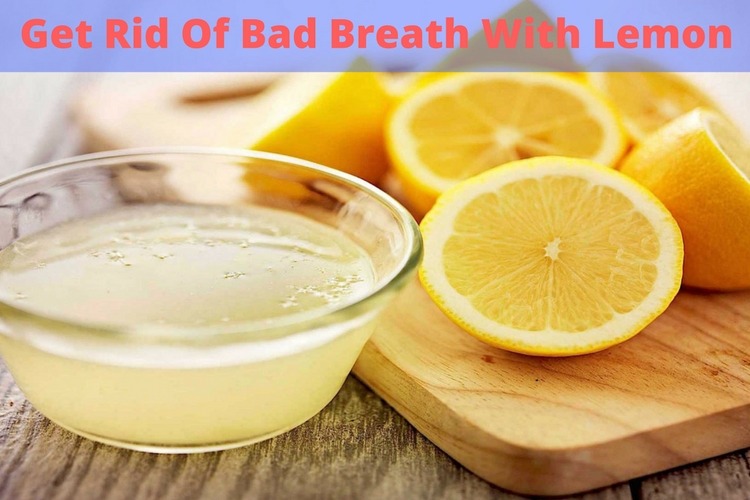
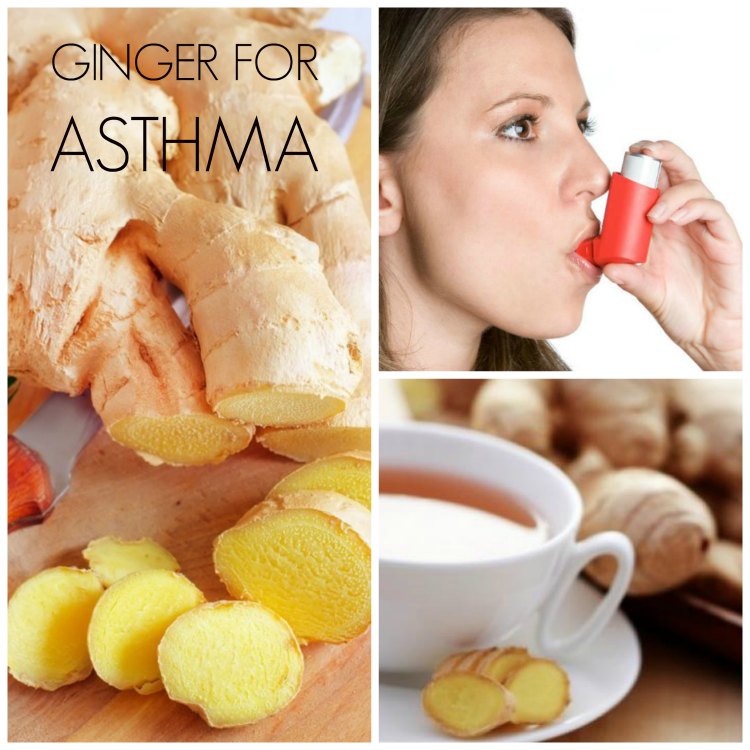
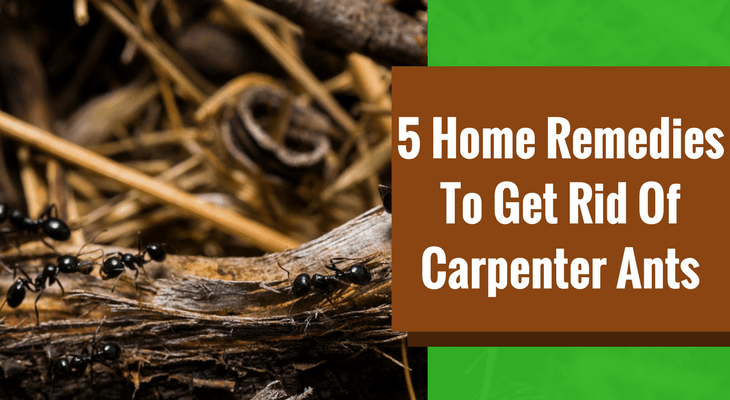
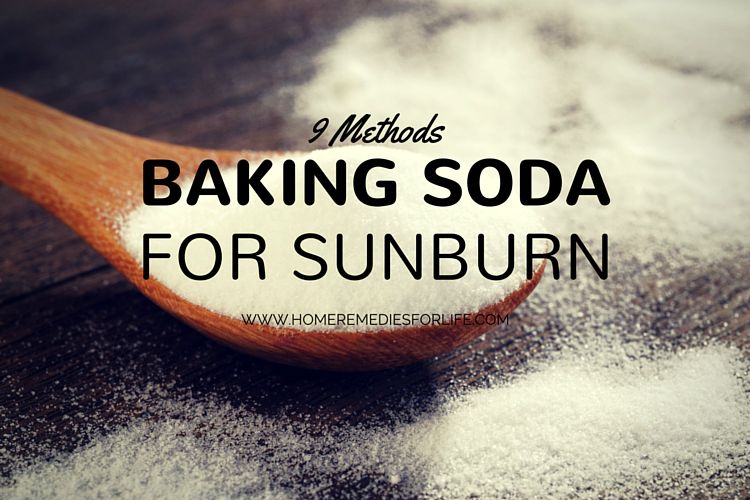
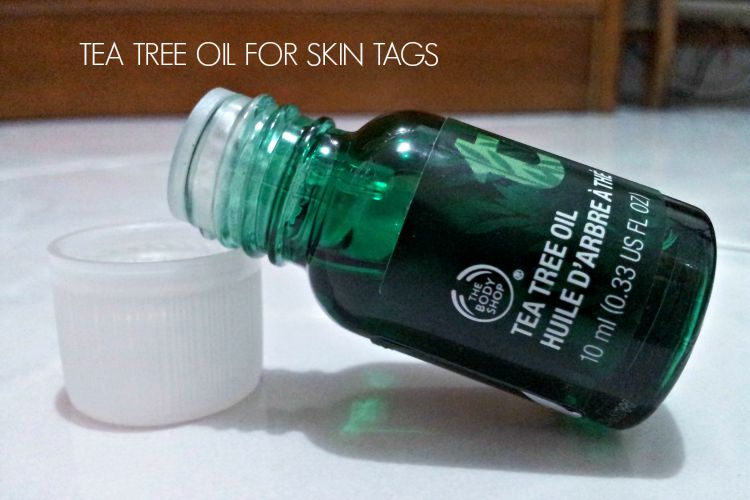
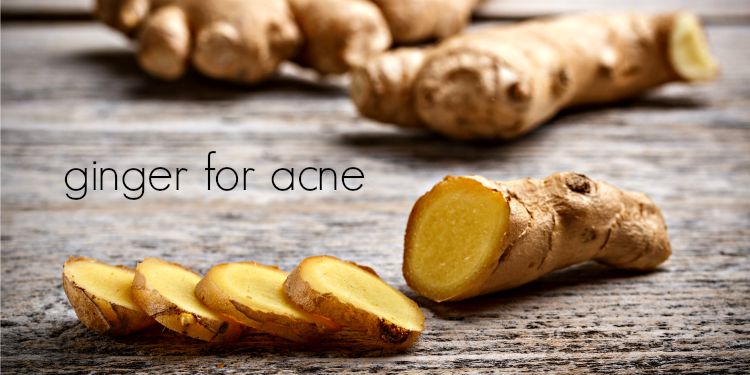

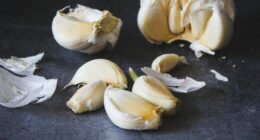


10 comments
In fact when I talk people hold their nose. What is causing that pls
There are several reasons like build-up of bacteria in the mouth, digestion problems, poor oral hygiene, alcohol consumption or any other that can cause bad breath. We recommend trying any remedy mentioned above in the article for removing the unpleasant odor. Apart from that drink plenty of water and maintain proper oral hygiene.
Dear Doctor
I am having bad smell in my mouth…..give me advice a proper guidelines & medicines
i am aged 55..
Thanks
Abraham
You can try lemon tea or lemon-ginger juice method mentioned in the above article to get relief from bad smell in the mouth.
Good morning doctor, I notice that the taste in my mouth changes (sometimes hot) immediately I brush my mouth. And it also lead to dryness in my mouth which bring out bad odour.
pls doctor, I need a word of advice.
THANKS
Dry mouth is one of the reason for bad odor. Try to change your tooth paste and see if it is helpful. Apart from that try any remedy mentioned above in the article.
hi doctor, I brush my mouth regularly but my mouth is still smelling
hello. Anytime I talk to people they cover their nose. I always brush twice daily. pls what should I do?
doctor i have bad breath from my nose what should i do, anytime i breath its like an animal has died in my nose
any advice for for or what should i do
Please help doctor. I have been having bad smell coming from my nostrils and not always. The smell comes just as the one which comes from mouth when one has bad stomach, but in my case it comes from my nostrils and a very bad one. I also feel it at night. Sometimes a person may tell me that there is bad air coming out of me. I have tried so many doctors but in vain. What do I do? please help.
Thanks.